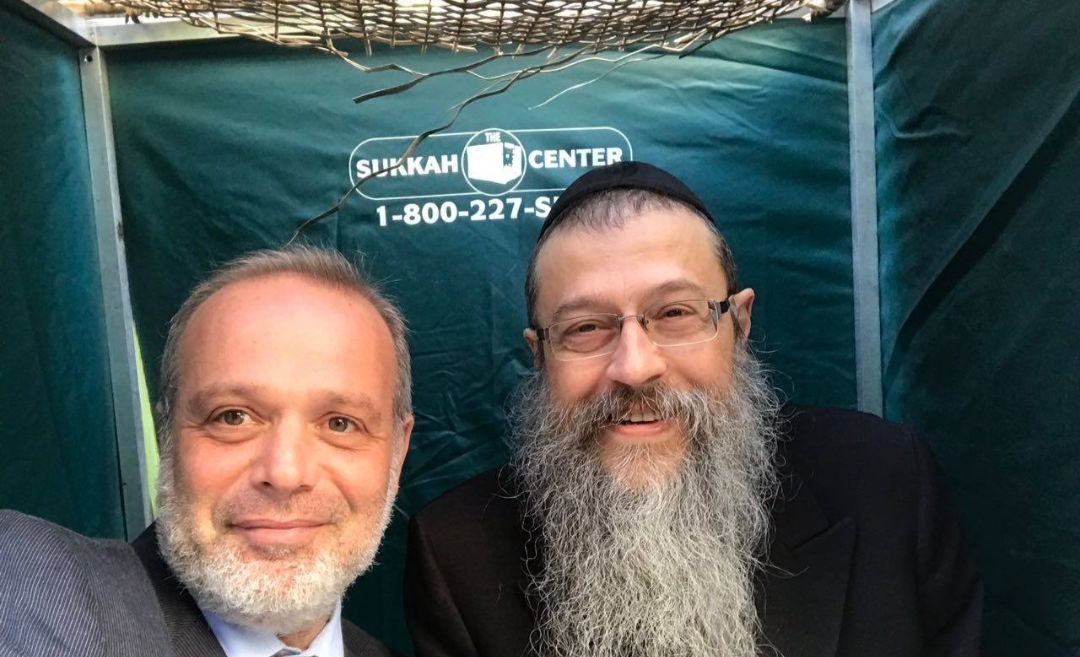BUENOS AIRES, Argentina (JTA) — A rabbi in Rosario, the third most populous city in Argentina, was verbally and physically attacked in violence that has been characterized as anti-Semitic.
Rabbi Shlomo Tawil, of the local Chabad-Lubavitch organization, was attacked Sunday night by three men in the city center of Rosario, located in the center of the country. The men shouted anti-Semitic epithets before removing the rabbi’s hat and trampling it on the ground, and then beating the rabbi, who was walking alone.
The attack, which was stopped by the intervention of passersby, has been characterized as anti-Semitic since the attackers meant specifically to hurt the rabbi and did not steal anything from him.
The local representative of the DAIA Jewish political umbrella in Argentina, Gabriel Dobkin told local media Monday that the organization would file a complaint with police in the coming hours. He said that police were working with a city prosecutor to determine If the attack was captured on surveillance cameras and called for a thorough investigation. He called the violence against the rabbi “a fierce, cowardly, anti-Semitic attack.”
DAIA and the Jewish community of Rosario said in a joint statement that they “demand from the authorities a total and absolute clarification of this unfortunate event.”
“We hope that these violent people will be definitively eradicated from the Argentine society that has chosen the path of coexistence, peace and justice,” the statement also said.
The rabbi is recovering at home with his family. Originally from Buenos Aires, he has served as the Chabad emissary in Rosario since 1987, and is married with eight children and two grandchildren.
The president of the local city parliament, Antonio Bonfatti, tweeted Monday that “as a society we cannot allow these acts of violence and intolerance,” and called for “peace and coexistence.”
The attack on Tawil is the third physical anti-Semitic attack in the last two months. There other two took place in Buenos Aires, one in April and one in May.
JTA has documented Jewish history in real-time for over a century. Keep our journalism strong by joining us in supporting independent, award-winning reporting.






